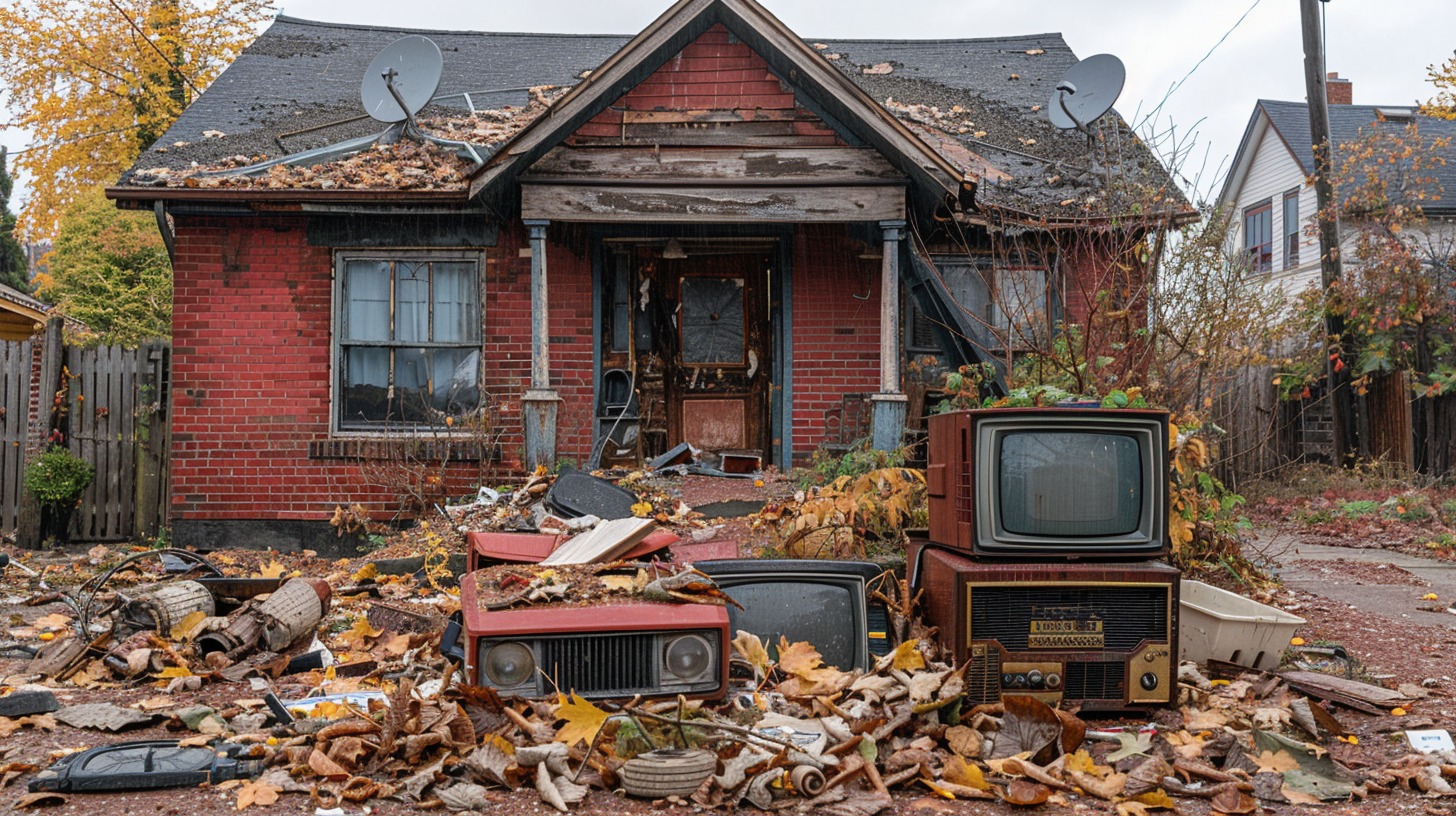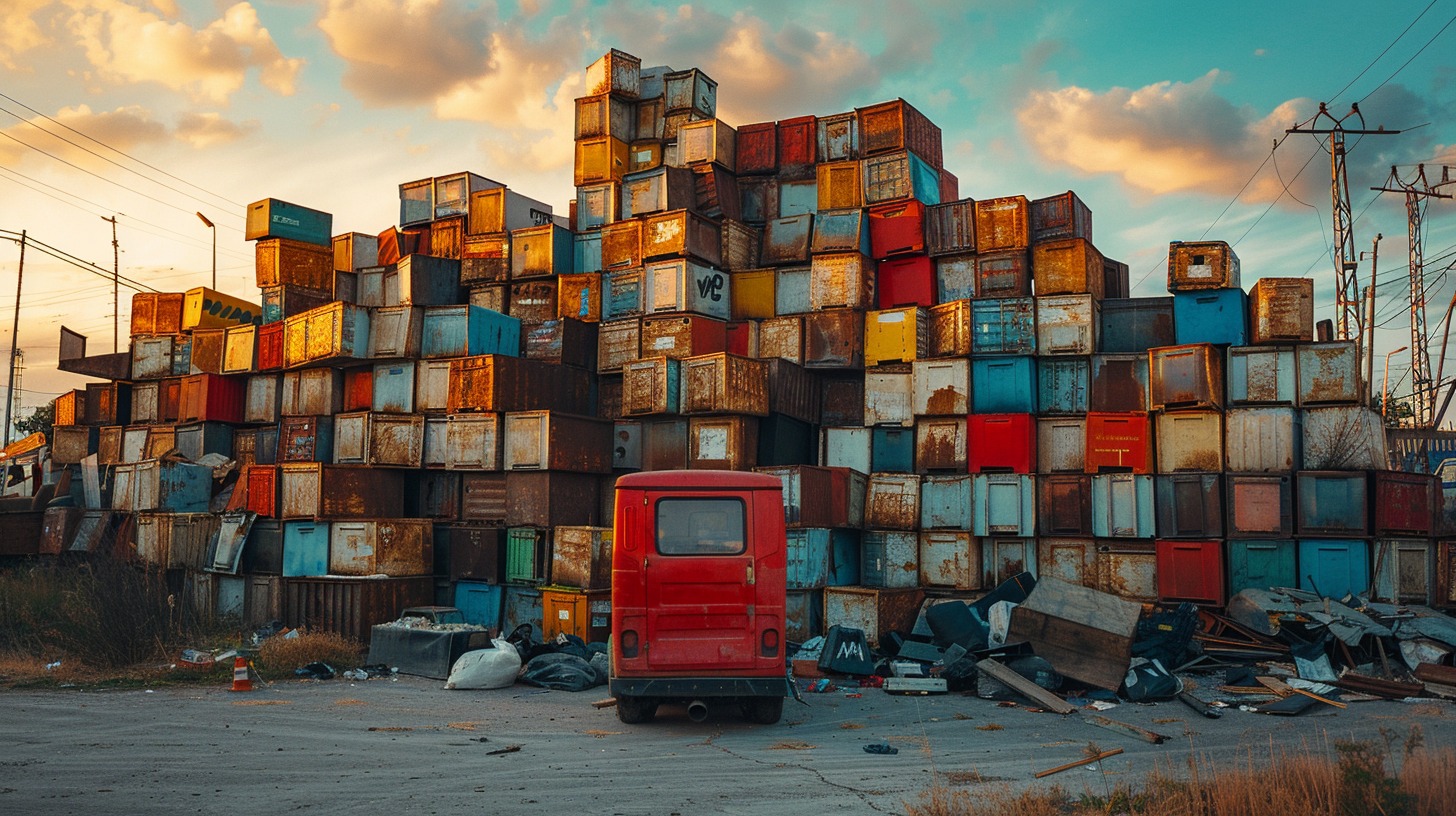Construction waste removal: how to open a business
Starting a construction waste removal business tackles a key industry need while boosting sustainability. Proper debris disposal keeps sites clean and promotes responsible recycling. This guide covers market demand, regulatory compliance, waste management strategies, and ways to attract customers. With a solid plan, you can create a venture that’s both profitable and eco-friendly for the construction sector!
Challenges in the Construction Waste Removal Business
Though the industry holds great promise, several challenges need addressing:
- Compliance: Staying compliant with waste disposal and environmental regulations demands constant vigilance.
- Capital: Launching a waste removal business requires a substantial initial investment in vehicles, equipment, and facilities.
- Competition: The market is particularly competitive, especially in urban areas with established companies. For example, junk removal in Brooklyn competes fiercely with both local and national firms.
Types of Organizations in Construction Waste Removal
Construction waste removal businesses come in various types, each with its own focus and way of operating:
- Full-Service Waste Management: These companies handle everything from waste collection to sorting, recycling, and disposal.
- Recycling Centers: They process and repurpose construction and demolition waste into reusable materials.
- Demolition Contractors: Focused on waste removal, they ensure efficient disposal and recycling.
- Waste Brokers: These intermediaries coordinate between waste producers and disposal or recycling facilities.
Steps to Launch a Successful Construction Waste Removal Business

Starting a construction waste removal business involves a few key steps:
- Market Research and Planning: Do your homework on the market to understand demand, competitors, and what customers need. Put together a solid business plan that covers your business model, services, target market, and financial projections.
- Legal Compliance: Get all the necessary permits and licenses for waste collection, transportation, and recycling. Make sure you follow all environmental regulations.
- Capital Investment: Secure funding for essential gear like trucks, containers, safety equipment, and recycling facilities. Plan for both initial costs and ongoing expenses.
- Operations: Hire qualified staff, set up efficient waste collection routes, and create a systematic approach for sorting and recycling waste.
- Marketing: Build a strong online presence to attract clients and network with construction companies, contractors, and local agencies to create business opportunities.
Best Practices for Running a Construction Waste Removal Business
To keep your business thriving and sustainable, consider these tips:
- Use advanced recycling technologies to boost efficiency and cut costs.
- Focus on repurposing materials to attract environmentally conscious clients.
- Stay up-to-date with waste management regulations to avoid fines.
- Ensure your staff is well-trained in safety, waste handling, and customer service.
- Build strong relationships with suppliers, customers, and stakeholders.
Closing Remarks
Starting a construction waste removal business requires careful planning, significant investment, and a strong commitment to sustainability. By understanding the key players, preparing for challenges, and sticking to a solid strategy, you can create a successful and impactful enterprise. Embrace innovation and follow these best practices to unlock your business’s full potential in the growing waste management industry.



